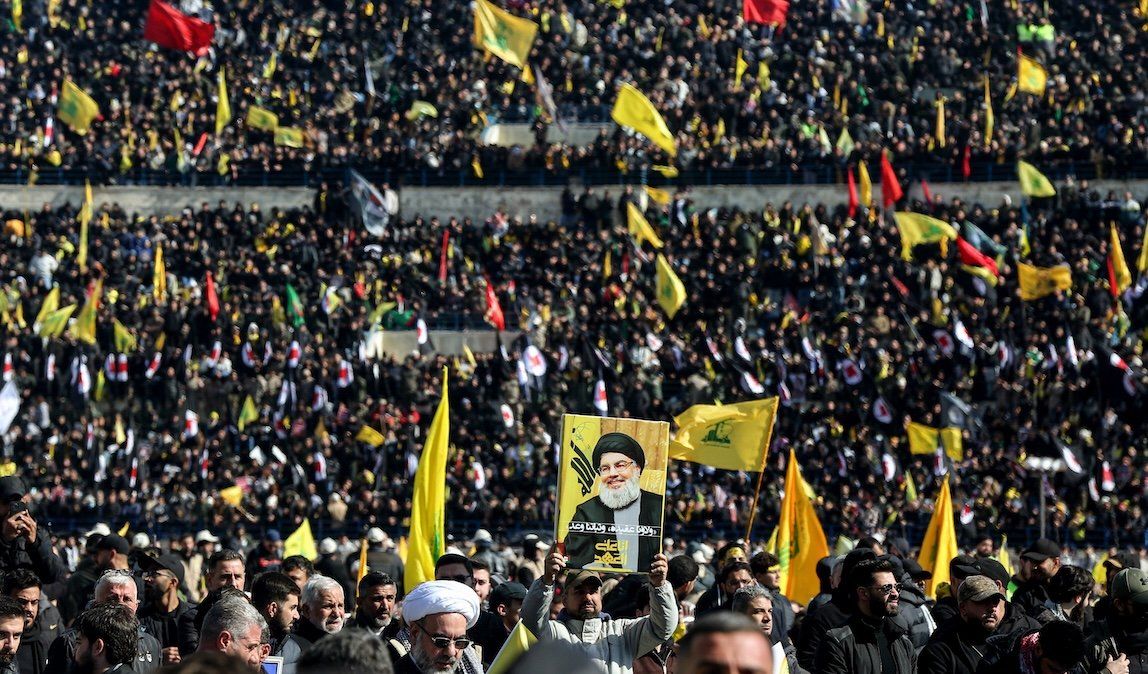Hard Numbers: Nasrallah’s funeral crowds, Deadly French attack, Sudan’s cholera outbreak, Bulgarians protest to say “no to euro”
100,000+: Hezbollah called on supporters to attend the Sunday funeral of the group’s former leader, Hassan Nasrallah, who was killed in an Israeli airstrike last September. Hundreds of thousands heeded the call to pay tribute to Hezbollah’s longtime leader, gathering in and near the Camille Chamoun Sports City stadium on the outskirts of Beirut. Israel, meanwhile, released footage on Sunday of the strike that killed Nasrallah.
1: One person was killed and five police officers were injured in a knife attack in the eastern French city of Mulhouse on Saturday afternoon. A 37-year-old Algerian man has been arrested, and prosecutors have opened a terrorist investigation because he reportedly shouted “Allahu Akbar,” or “God is great” during the attack. President Emmanuel Macron has dubbed it an “Islamist terror act.” Authorities also say the suspect has a “schizophrenic profile” and that France has tried multiple times to return him to his home country — but that Algeria refused to take him.
58: At least 58 people have died from cholera and another 1,300 have fallen ill in the last few days in the southern Sudanese city of Kosti. Contaminated drinking water is the most likely culprit, and a local water plant recently halted operations amid fighting linked to the country’s two-year civil war. Health authorities are working to battle the outbreak and expand a vaccination campaign against cholera.
10: Ten police officers were injured amid clashes with protesters in Sofia, Bulgaria, on Saturday. Supporters of the ultra-nationalist Revival Party demanded that the government step down and chanted “No to the Euro.” Six people were detained. Bulgarian nationalists oppose plans to introduce the euro as the country’s official currency, while supporters believe it could bring greater foreign investment to the EU’s poorest nation.